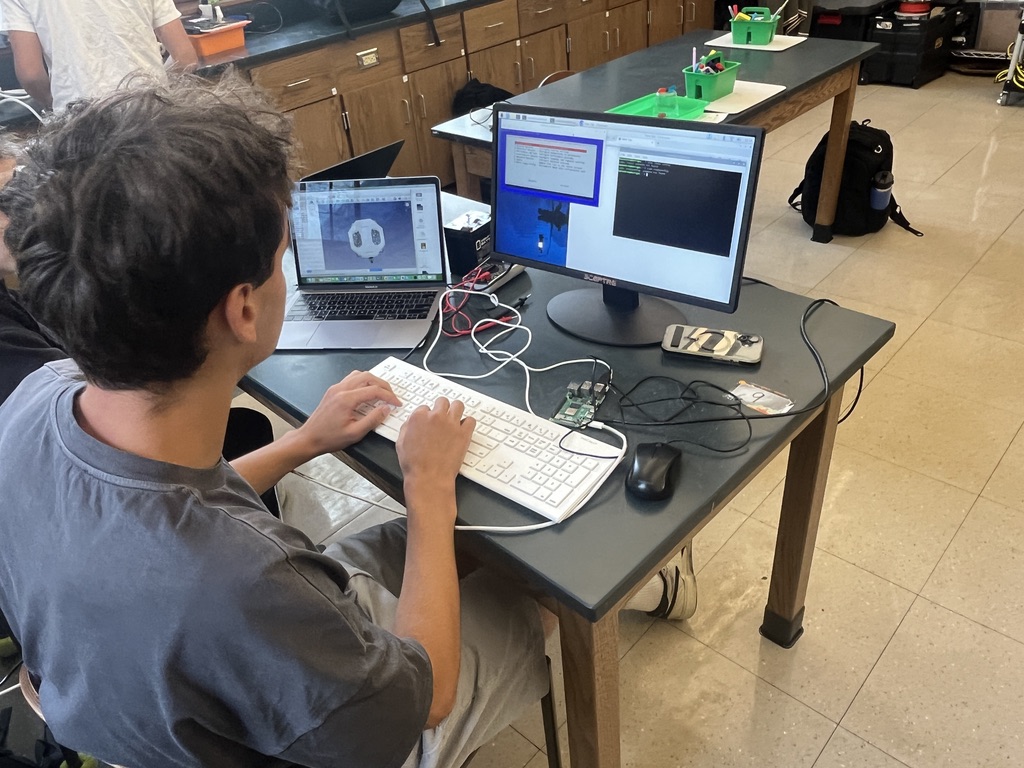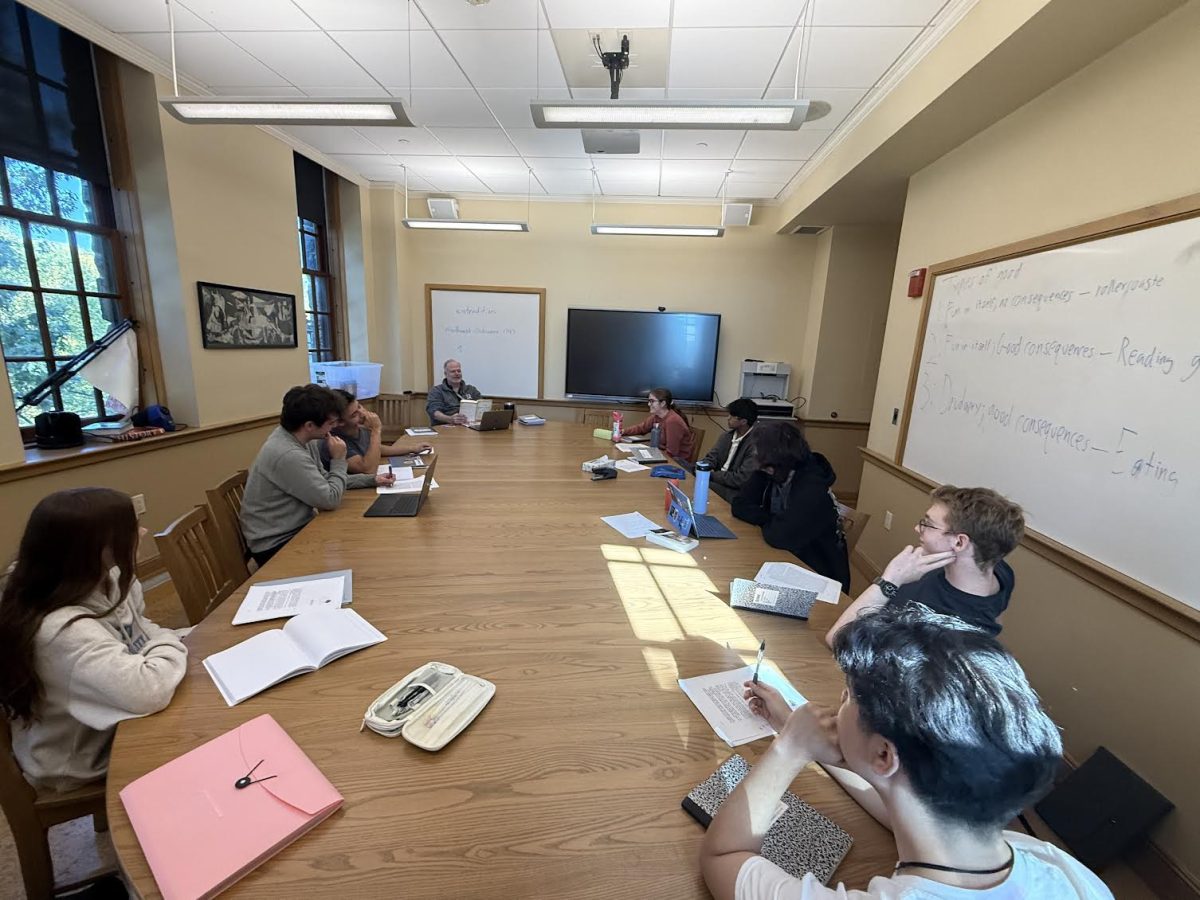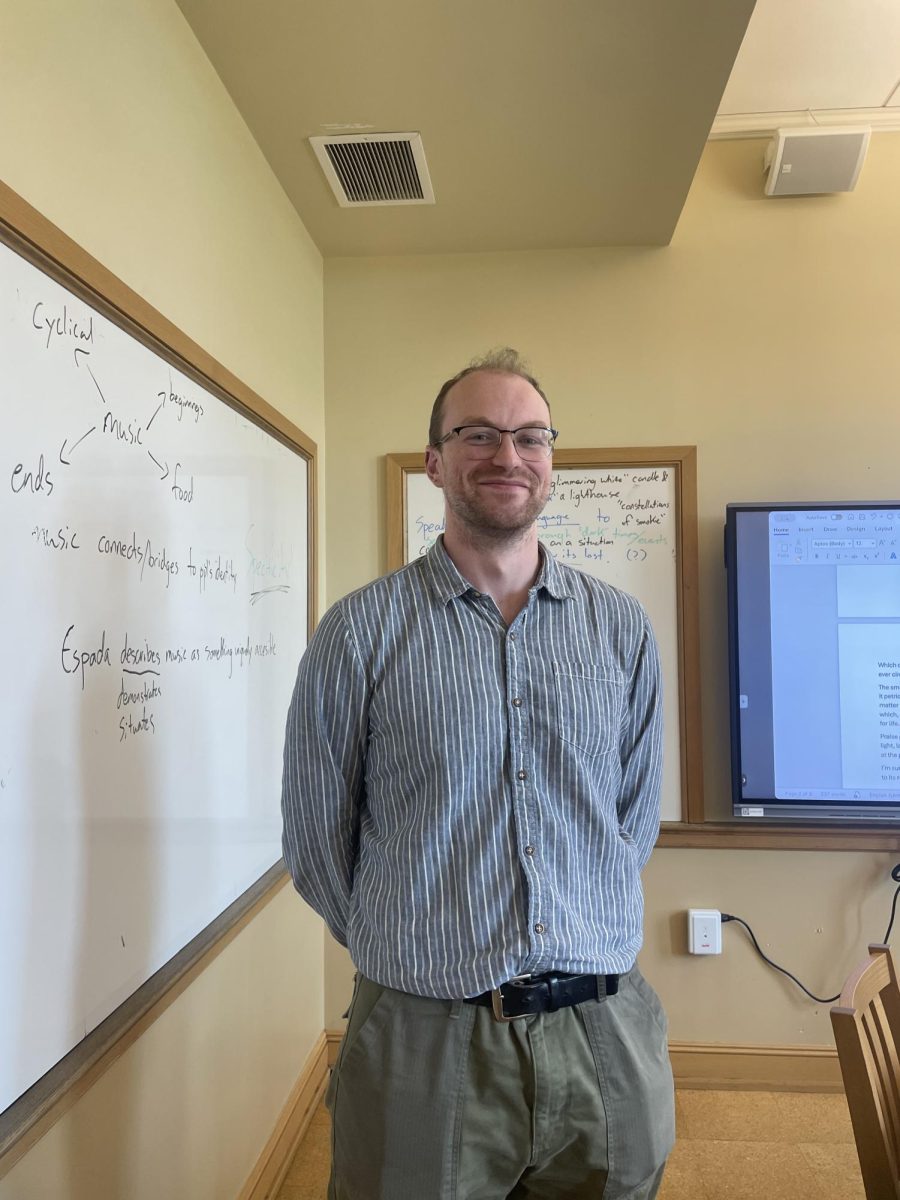It was the last day of the trimester in Mr. Wright’s AP Calculus AB class, and high stress levels were in the air. Students were awaiting their last graded quiz of the trimester, along with their Trimester I grades written on top. This was a make-or-break for many of them, being the assessment that either pushed their grades over the top or brought them down.
This is how the math classes function at Hackley. As my AP Calculus AB syllabus says, “Your grade will primarily be determined by the total points you earn through your performance on quizzes, tests, and projects.” In my class, we have had numerous quizzes and tests but have yet to have any projects. For many students, this grading method feels not only stressful but also unfair.
It can be challenging to understand what the actual rubric for math is. Though teachers may each have their own systems of deducting a certain number of points for a certain number of mistakes, it’s not a transparent process that students are involved in. Grading can definitely feel arbitrary sometimes, but to put it plainly, Math Department Chair Diana Kaplan said, “We are trying to assess students on the math they know and understand.”
Math assessments focus on the process and how students think, which allows for partial credit even when careless mistakes are made. For instance, you couldn’t score a zero out of ten on a ten-point problem just for dropping a negative sign. Math teachers will always award you most of the points if your work is good.
Additionally, it’s difficult to assign significant points to work done outside of class because they can’t be sure whether it’s your work, your friends, tutors, ChatGPT, etc.
But what about projects? Other STEM classes like chemistry, biology, or computer science include labs that can give students a significant portion of their grades. These help balance out poor performance on tests or quizzes.
Projects in math, however, present two key challenges. “It is hard to teach everything needed and do projects that take a while,” said Mrs. Kaplan. Additionally, the department is still exploring ways to implement projects in a “meaningful way.” According to Mrs. Kaplan, most past projects were “a lot of fun for students, but they haven’t always learned much math from them.”
Unlike science classes, which often center on natural phenomena and allow students to test tangible concepts through labs, math classes focus more on abstract ideas and calculations. For example, if you are learning about reactions in chemistry, you could do an acid-base titration lab. But if you are learning about functions in Algebra II, then what project would really enhance that?
But, “some people learn better with projects; that’s really important,” said Mrs. Kaplan. Not everyone is able to learn in the same way. This one strict system is inevitably hard for some students.
That is why many students remain enthusiastic about the idea of math projects. “If we did have projects,” said junior Wyatt Belleville, “then if somebody is having trouble, it can boost their grade and show their effort.”
It’s true that not everyone excels at test-taking, and for some, small errors can significantly impact their grades. These tiny mistakes often feel disproportionately punishing. “It’s like death by a thousand paper cuts,” said Mrs. Kaplan.
This is really hard on Hackley students, many of whom have a lot of pressure for them to do well. Mrs. Kaplan said, “It is hard as a teacher when the only acceptable grade for a student is an A.”
But it is true that as a student in a harder class like AP Calculus AB/BC, you have to balance the pressure of the harder class and the fact you still want an A because it would look really good on your transcript.
Her main advice is to work on “precision” and “attention to detail.” If you were an “engineer designing a bridge, then you couldn’t afford to mess up even a small calculation,” she said.
While she does understand that “some nights students are busy and math gets the cut,” she warns that if this becomes a pattern, “you won’t do well.” “If you don’t show up to practice, you can’t expect to do well during the game,” said Mrs. Kaplan.
What is so important is not to let one bad test grade define you or get you down. “There is always room for a come up and come back,” said junior Rohan Krishna. The teachers care that the students are doing well; they are available during math lab and office hours. “There are always opportunities for extra help.”
Despite frustrations among students, there are steps that can be taken to succeed. Meanwhile, the math department continues to seek solutions to address these concerns. For instance, the “pilot participation program” introduced by Mr. Wright is currently under evaluation. This initiative gives students a small grade boost with participation by completing assignments and solving problems in class. This can potentially help them move up a letter grade if student’s grades are very borderline.
It seems that testing will never not be a stressor for students. But with the benefit of proper preparation and potentially a few changes on the part of the math department, hopefully, this system will start to feel a little fairer.







